
by Ria Olivier | Feb 22, 2024 | Biosecurity, Ecology, Invasion Biology, Marion Island, Research, SANAP, SANAP Student, Uncategorised

 Prof Bettine Jansen van Vuuren (left) chaired the session of Ecosystems, Biodiversity and Biodiscovery with the first plenary talk of the symposium by Peter Convey(right) of the British Antarctic Survey ” Terrestrial biological invasions and their potential impacts in the maritime Antarctic”. (Abstract) Peter Convey discussed that there are around 15 species of non-native plants and invertebrates currently known to be established in the maritime Antarctic . He further emphasize that effective biosecurity measures are required to ensure that further human-assisted transfer both on Signy Island and beyond is avoided. Prof Bettine Jansen van Vuuren chaired the session of Ecosystems, Biodiversity and Biodiscovery.
Prof Bettine Jansen van Vuuren (left) chaired the session of Ecosystems, Biodiversity and Biodiscovery with the first plenary talk of the symposium by Peter Convey(right) of the British Antarctic Survey ” Terrestrial biological invasions and their potential impacts in the maritime Antarctic”. (Abstract) Peter Convey discussed that there are around 15 species of non-native plants and invertebrates currently known to be established in the maritime Antarctic . He further emphasize that effective biosecurity measures are required to ensure that further human-assisted transfer both on Signy Island and beyond is avoided. Prof Bettine Jansen van Vuuren chaired the session of Ecosystems, Biodiversity and Biodiscovery.
 Bettine gave an overview of research that included research done by Daniela and Shilpha as they could not attend as they were on Marion Island. Foregrounding geodiversity in landscape ecology studies: insights from the sub-Antarctic – Daniela Monsanto (Abstract) Detecting signals of adaptive selection of an invasive springtail on sub-Antarctic Marion Island – Shilpha Parbhu (Abstract)
Bettine gave an overview of research that included research done by Daniela and Shilpha as they could not attend as they were on Marion Island. Foregrounding geodiversity in landscape ecology studies: insights from the sub-Antarctic – Daniela Monsanto (Abstract) Detecting signals of adaptive selection of an invasive springtail on sub-Antarctic Marion Island – Shilpha Parbhu (Abstract)
 Daniela Monsanto, Shilpa Parbhu, Sandra Durand, Arsalan Emami-Khoyi, Peter Teske, David Hedding
Daniela Monsanto, Shilpa Parbhu, Sandra Durand, Arsalan Emami-Khoyi, Peter Teske, David Hedding
 Morgan Raath-Kruger(left) and student of Peter le Roux at University of Pretoria gave an oral presentation and an introduction to her poster.
Morgan Raath-Kruger(left) and student of Peter le Roux at University of Pretoria gave an oral presentation and an introduction to her poster.
- Long-term spatially-replicated data show no physical cost to a benefactor species in a facilitative plant–plant interaction. (Abstract)
- Do anisotropic processes influence fine-scale spatial genetic structure of a keystone sub-Antarctic plant species? (Abstract)
 Another abstract submitted but Carol Jacobs(right) could not present is on the biosecurity within the South African National Antarctic Programme. (Abstract)https://alp.lib.sun.ac.za/handle/123456789/29301
Another abstract submitted but Carol Jacobs(right) could not present is on the biosecurity within the South African National Antarctic Programme. (Abstract)https://alp.lib.sun.ac.za/handle/123456789/29301

by Ria Olivier | Feb 19, 2024 | Oceanography, Research, SANAP, SANAP Student, Science, Southern Ocean, Uncategorised
 MARIS started the first session on Southern Ocean research within SANAP with focus on SEA ICE. Above: Rutger Marquart, Magata Mangatane, Dylan White, Anand Nair, Wayne de Jager, Leila Nefdt, Safiyyah Moos, Tokoloho Rampai, Marcello Vichi, Robyn Verrinder, Hayley Swait, Riesna Audh, James van Niekerk. (Photo Credit: MARIS)
MARIS started the first session on Southern Ocean research within SANAP with focus on SEA ICE. Above: Rutger Marquart, Magata Mangatane, Dylan White, Anand Nair, Wayne de Jager, Leila Nefdt, Safiyyah Moos, Tokoloho Rampai, Marcello Vichi, Robyn Verrinder, Hayley Swait, Riesna Audh, James van Niekerk. (Photo Credit: MARIS)


The first ocean session covered the Antarctic sea ice research field led by the Sea Ice Team from the Marine and Antarctic Research for Innovation and Sustainability (MARiS). The research themes covered in this session were innovation and development, oceans and marine eco-systems under global change and earth systems observations. The presentations and posters under these research theme covered a diverse range of projects from large-scale sea ice observations, tracking and measurements to the small-scale sea ice dynamics, properties and biogeochemistry. Antarctic sea ice research has received a comparatively limited focus compared to its Arctic counterpart. The MARiS sea ice team is constituted of the departments of Oceanography, Electrical and Chemical Engineering at the University of Cape Town, with projects aimed to contribute new insights and push the boundaries within this research domain. The presentation within this session were on a variety of earth system observations models, simulations of sea ice wave interactions, innovative tool development for lab-based experiments and field-based work investigating sea ice dynamics and properties and the ecological impacts of algae and their biogeochemical significance. The session under the MARS theme; Oceans and marine ecosystems under global change was chaired by Principal investigator Tokoloho Rampai and it included an overview of Maris by Robyn Verrinder. The session was done in round table fashion and included posters and oral presentations. Tokoloho concluded the session with a closing statement
 Oral presentations:
Oral presentations:
- Robyn Verrinder – Overview of MARIS.
- Rutger Marquart – Numerical modelling of sea ice dynamics and thermodynamics in the Antarctic marginal ice zone. (abstract)
- Anand Nair – Three-Dimensional Computational Fluid Dynamics Modelling of Pancake Ice on Waves. (abstract)
- Safiyyah Moos – Investigating the dynamics and exchanges across the ice-ocean interface in artificial sea ice. (abstract)
- Hayley Swait – Investigating Brine and Air Porosity in Sea Ice from the Eastern Antarctic Marginal Ice Zone. (abstract)
 Poster Presentations were displayed in the venue during the symposium and presenters gave a quick introduction to their posters during the round-table session.
Poster Presentations were displayed in the venue during the symposium and presenters gave a quick introduction to their posters during the round-table session.
- Wayne De Jager – Sub-daily Antarctic sea-ice variability estimates using swath-based retrieval methods. (abstract)
- Dylan White – Discussion on the Premise of, and Challenges in, the Development of a Ship-Based Radar System for the in-situ Measurement of Sea Ice Thickness. (abstract)
- Magata Mangatane – Antarctic sea-ice thickness reconstruction. (abstract)
- Marcello Vichi – Wind- and wave-driven free-drift dynamics in Antarctic Sea ice.(abstract)
- Tokoloho Rampai – Sea ice growth dynamics and their influence on the physical, structural and mechanical properties-A discussion on innovation in in situ testing. (abstract)
- James van Niekerk – Investigation of the Interactions Between Sea Ice Algae from the Marginal Ice Zone of Antarctica and Artificial Sea Ice. (abstract)
- Riesna Audh – Winter biogeochemical activity is enhanced by rafting in growing Antarctic Sea ice. (abstract)


After the session the group took pictures (Credit: Leila Nefdt)

by Ria Olivier | Feb 16, 2024 | Data Management, Marion Island, Prince Edward Island, Research, SA Agulhas II, Science, Uncategorised
 During the 6th Symposium sessions were allocated to cross cutting disciplines and it led to great presentations and discussions. 12- 16 February is International Love Data Week with the theme “My Kind of Data” and this is about the data presentations at the SANAP Symposium “the SANAP community kind of data.”
During the 6th Symposium sessions were allocated to cross cutting disciplines and it led to great presentations and discussions. 12- 16 February is International Love Data Week with the theme “My Kind of Data” and this is about the data presentations at the SANAP Symposium “the SANAP community kind of data.”
Data Management
 Anne Treasure(right) South Africa’s representative at Standing Committee on Data Management(SCADM) at SCAR and Data Products and Society Manager of the South African Polar Institute(SAPRI) chaired the main session on data management. This session included very interesting presentations from various science disciplines.
Anne Treasure(right) South Africa’s representative at Standing Committee on Data Management(SCADM) at SCAR and Data Products and Society Manager of the South African Polar Institute(SAPRI) chaired the main session on data management. This session included very interesting presentations from various science disciplines.



Above(l-r): Leigh McGaughey, JP Barnard, Bjorn Boyes
- First Presentation was by Leigh McGaughey on “Ecosystem modelling to explore ecosystem dynamics at the Prince Edward Islands.” (abstract)
- Data management with JP Barnard delivering a presentation on “Management of Recorded Voyage Data for the SA Agulhas II.” and discuss intricate models to ensure vessel data is manage correctly. (Abstract)


- Bjorn Boyes had everyone listening to his talk ” on how to digitally construct sub-Antarctic Marion Island. (Abstract)



On the 30th November more data presentations was given in an ad hoc session chaired by Christel Hansen. Above(l-r): David Hedding, Christel Hansen, Pierre Cilliers
- David Hedding: A geospatial database for the sub-Antarctic Prince Edward Islands (Abstract) Read more here and see the dataset
 Christel Hansen delivered a presentation on “Consistent mapping and geospatial information representation in the Antarctic and sub-Antarctic: why South Africans should care.” (Abstract)
Christel Hansen delivered a presentation on “Consistent mapping and geospatial information representation in the Antarctic and sub-Antarctic: why South Africans should care.” (Abstract)- During the last research theme session chaired by Stefan Lotz of SANSA, Pierre Cilliers delivered a presentation on ” The long-term variation of the geomagnetic field in Antarctica as measured in Hermanus, Maitri and at SANAE-IV since 2007.” (Abstract)

by Ria Olivier | Feb 14, 2024 | Marion Island, Newsletters>Marion Island Newsletters, Overwintering Team, SANAP, Uncategorised
 The 2nd issue of The Wanderer by the Marion80 Overwintering team is now available online. It is a bumper issue with 64 pages to read and to enjoy the amazing photo’s taken by the team members.
The 2nd issue of The Wanderer by the Marion80 Overwintering team is now available online. It is a bumper issue with 64 pages to read and to enjoy the amazing photo’s taken by the team members.
Read the editor’s note by Zafar Monier “about the experiences of the people living one of the most extreme lifestyles, unexpected guests, new(born) arrivals, and even some goodbyes” .
Great message by the team leader Sandile Nkebe “Being on Marion Island has taught me to persevere, to be patient and to master the use of “alternatives”.
The Edition includes the visit by the Scientific team to Prince Edward Island.
Click here to Download
In this Issue:
- Clockwise vs Anti-clockwise by Zafar Monier
- Roaring winds by Yinhla Shihlomule
- Ode to the Paddy Counter by Michelle Risi
- How to Samsara by Michelle Risi
- There’s always another one by Zafar Monier
- Natures Midwife by Dylan Seaton
- Whatever Doesn’t Kill You Makes You a Beachmaster by Tammy Eggeling
- Gear Maketh Man by Zafar Monier
- Unexpected Guests by Kelly Mogotsi and Williem Krige

by Ria Olivier | Feb 12, 2024 | Antarctica, Research, SANAP, SAPolarRI, Uncategorised
 During the 6th Symposium sessions were allocated to cross cutting disciplines and it led to great presentations and discussions.
During the 6th Symposium sessions were allocated to cross cutting disciplines and it led to great presentations and discussions.
Science Engagement and Awareness within SANAP
Anché Louw of the South African Polar Institute and co-investigator of the Antarctic Legacy if South Africa chair the session and begin the session with a presentation on the Antarctic Legacy Internet footprint.
 She told her story when she started within the SANAP program as an honors student in Botany. she highlight the importance that as researchers we need to communicate our work and create awareness for the science that we participate in.
She told her story when she started within the SANAP program as an honors student in Botany. she highlight the importance that as researchers we need to communicate our work and create awareness for the science that we participate in.
 Sarah Fawcett asked Anché to highlight the possibilities of Wiley publishing and due to an agreement researchers can publish in a huge variety of journals at no cost, and those papers will be fully open access. Similar agreements have recently been negotiated with Springer and Elsevier, so there’s really no reason any of us should be paying for publication. A Leaflet was include in the welcoming package of all participants. Dr. Pete Convey also mentioned the possibilities and opportunities within SCAR where researchers can publish.
Sarah Fawcett asked Anché to highlight the possibilities of Wiley publishing and due to an agreement researchers can publish in a huge variety of journals at no cost, and those papers will be fully open access. Similar agreements have recently been negotiated with Springer and Elsevier, so there’s really no reason any of us should be paying for publication. A Leaflet was include in the welcoming package of all participants. Dr. Pete Convey also mentioned the possibilities and opportunities within SCAR where researchers can publish.


The session included an e-poster by Ria Olivier of the LSA digital museum. The museum can be downloaded from the ALSA archive

by Ria Olivier | Feb 5, 2024 | Research, SANAP, Uncategorised

 The 6th SANAP Research symposium was held at Houw Hoek Hotel in the Western Cape, from 27 November to 1 December 2023. A series of posts will be done on the SANAP website to give feedback on sessions and more will follow in the next few weeks.
The 6th SANAP Research symposium was held at Houw Hoek Hotel in the Western Cape, from 27 November to 1 December 2023. A series of posts will be done on the SANAP website to give feedback on sessions and more will follow in the next few weeks.
Delegates started arriving and most were settled in on Monday evening. Delegates from South Africa, Finland, and the United Kingdom spent the week networking with each other and with students, and listening to talks within the thematic themes identified under the South African National Antarctic Programme (SANAP). All delegates received a welcoming package to get them through the symposium.(Left: Photo Credit – Anché Louw, SAPRI)
 The symposium started with a keynote lecture by Prof Jukka Tuhkuri of Aalto University, Finland on the expedition to find the shipwreck of the Endurance: “On March 5th, 2022 an international Endurance22 expedition located the wreck of Endurance, the lost vessel of Ernest Shackleton. The Endurance22 expedition was organized by the Falklands Maritime Heritage Trust and the expedition team was taken to the wreck site by S.A. Agulhas II, captain Knowledge Bengu and his crew. Jukka outlined and discussed the three goals of the expedition: to locate the wreck, to tell the story of Endurance to new generations, and to conduct scientific work. The science team onboard included scientists from Stellenbosch University and Aalto University. The Keynote lecture discusses, inter alia, who Shackleton was, how the Endurance was lost and found, and what was learned on the Weddell Sea Expedition” abstract supplied by Prof Tuhkuri. (Above: Photo Credit – Anché Louw, SAPRI)
The symposium started with a keynote lecture by Prof Jukka Tuhkuri of Aalto University, Finland on the expedition to find the shipwreck of the Endurance: “On March 5th, 2022 an international Endurance22 expedition located the wreck of Endurance, the lost vessel of Ernest Shackleton. The Endurance22 expedition was organized by the Falklands Maritime Heritage Trust and the expedition team was taken to the wreck site by S.A. Agulhas II, captain Knowledge Bengu and his crew. Jukka outlined and discussed the three goals of the expedition: to locate the wreck, to tell the story of Endurance to new generations, and to conduct scientific work. The science team onboard included scientists from Stellenbosch University and Aalto University. The Keynote lecture discusses, inter alia, who Shackleton was, how the Endurance was lost and found, and what was learned on the Weddell Sea Expedition” abstract supplied by Prof Tuhkuri. (Above: Photo Credit – Anché Louw, SAPRI)
 A welcoming reception took place after the keynote lecture . This reception allowed members of the SANAP community (both old and new) to interact in an informal meet and greet for the first time since the last Symposium in 2018. The 2020 Symposium was cancelled due to the COVID-19 pandemic, and a decision was made to postpone the 2022 Symposium to allow the SANAP community to generate new data post-pandemic.
A welcoming reception took place after the keynote lecture . This reception allowed members of the SANAP community (both old and new) to interact in an informal meet and greet for the first time since the last Symposium in 2018. The 2020 Symposium was cancelled due to the COVID-19 pandemic, and a decision was made to postpone the 2022 Symposium to allow the SANAP community to generate new data post-pandemic.
 Afterwards a workshop was held by the Association for Polar Early Career Scientists of South Africa (APECSSA), and they reported back to the SANAP community n Day 3 of the symposium. (Right: Photo Credit: Anché Louw – SAPRI)
Afterwards a workshop was held by the Association for Polar Early Career Scientists of South Africa (APECSSA), and they reported back to the SANAP community n Day 3 of the symposium. (Right: Photo Credit: Anché Louw – SAPRI)
 Prior to the commencement of the Symposium, a meeting of the members of the South African national committee for Scientific Committee on Antarctic Research (SCAR) took place chaired by Prof Bettine van Vuuren and was attend in person and online by members of the committee. Prof van Vuuren as chair of the national committee feedback on day 2 of the symposium.
Prior to the commencement of the Symposium, a meeting of the members of the South African national committee for Scientific Committee on Antarctic Research (SCAR) took place chaired by Prof Bettine van Vuuren and was attend in person and online by members of the committee. Prof van Vuuren as chair of the national committee feedback on day 2 of the symposium.
More posts on sessions and presentations of the 6th SANAP research Symposium in the coming weeks.
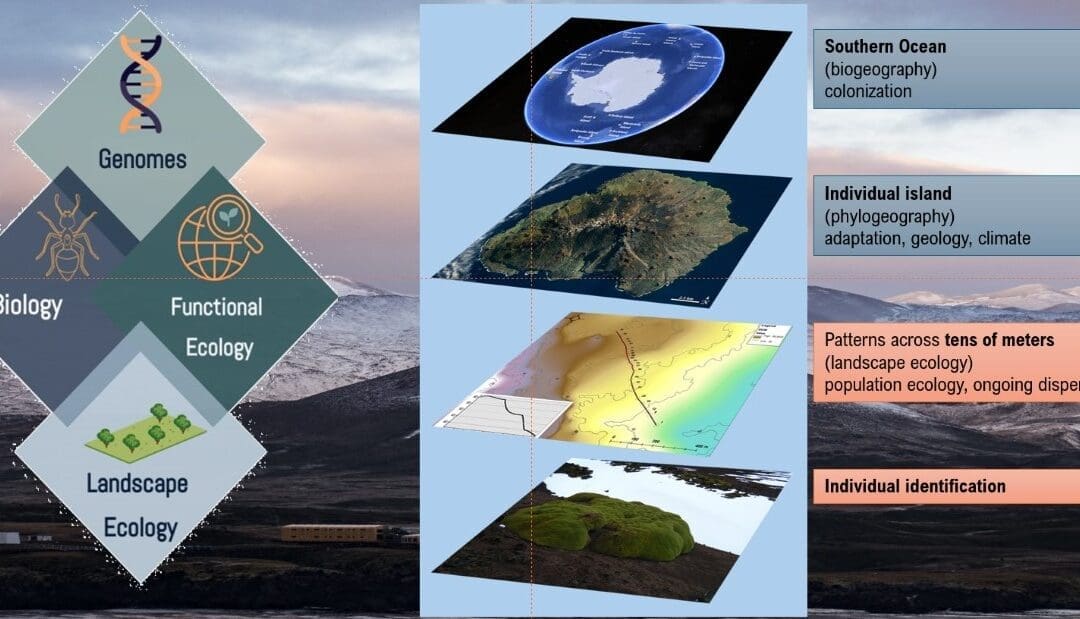
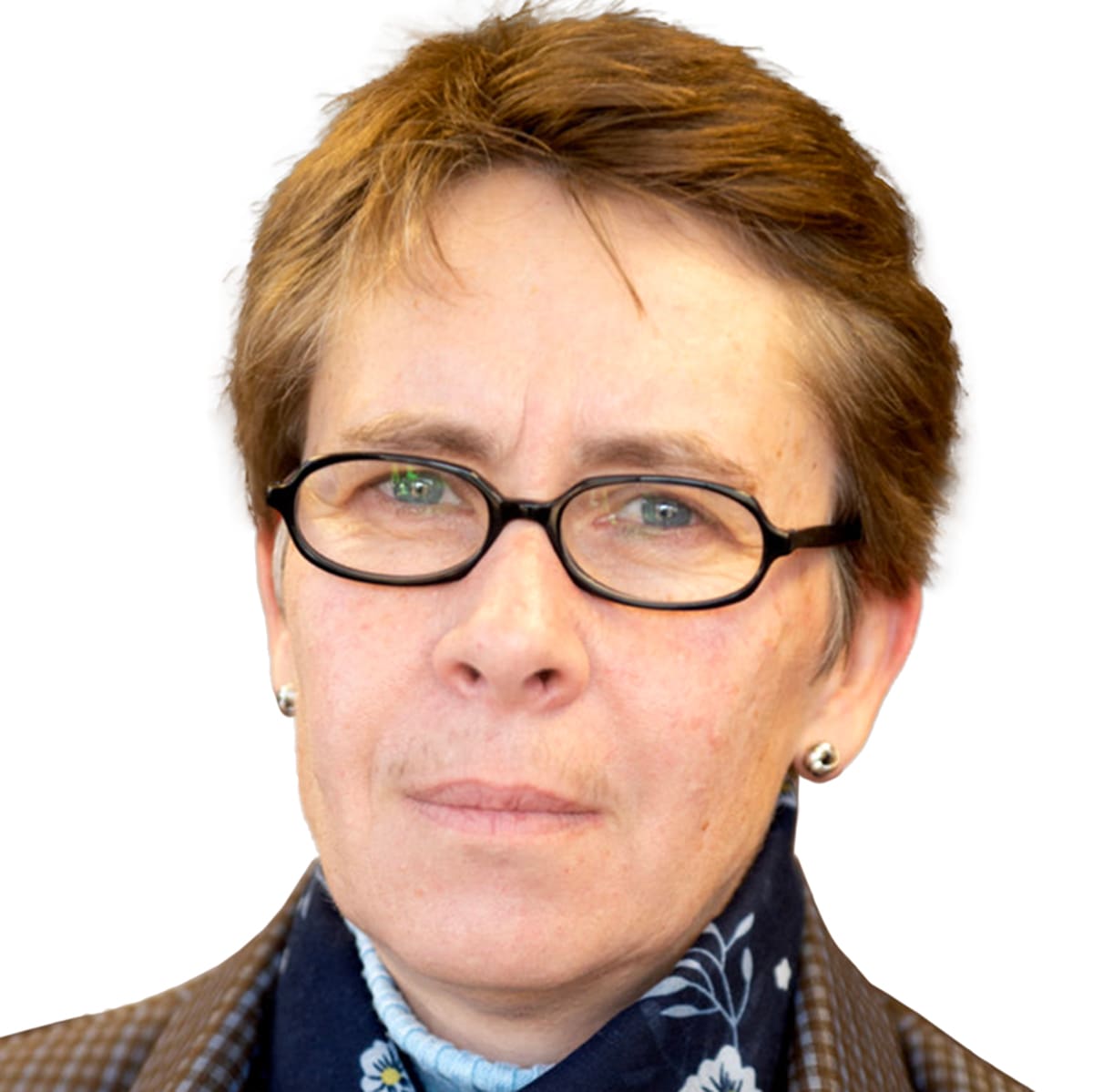
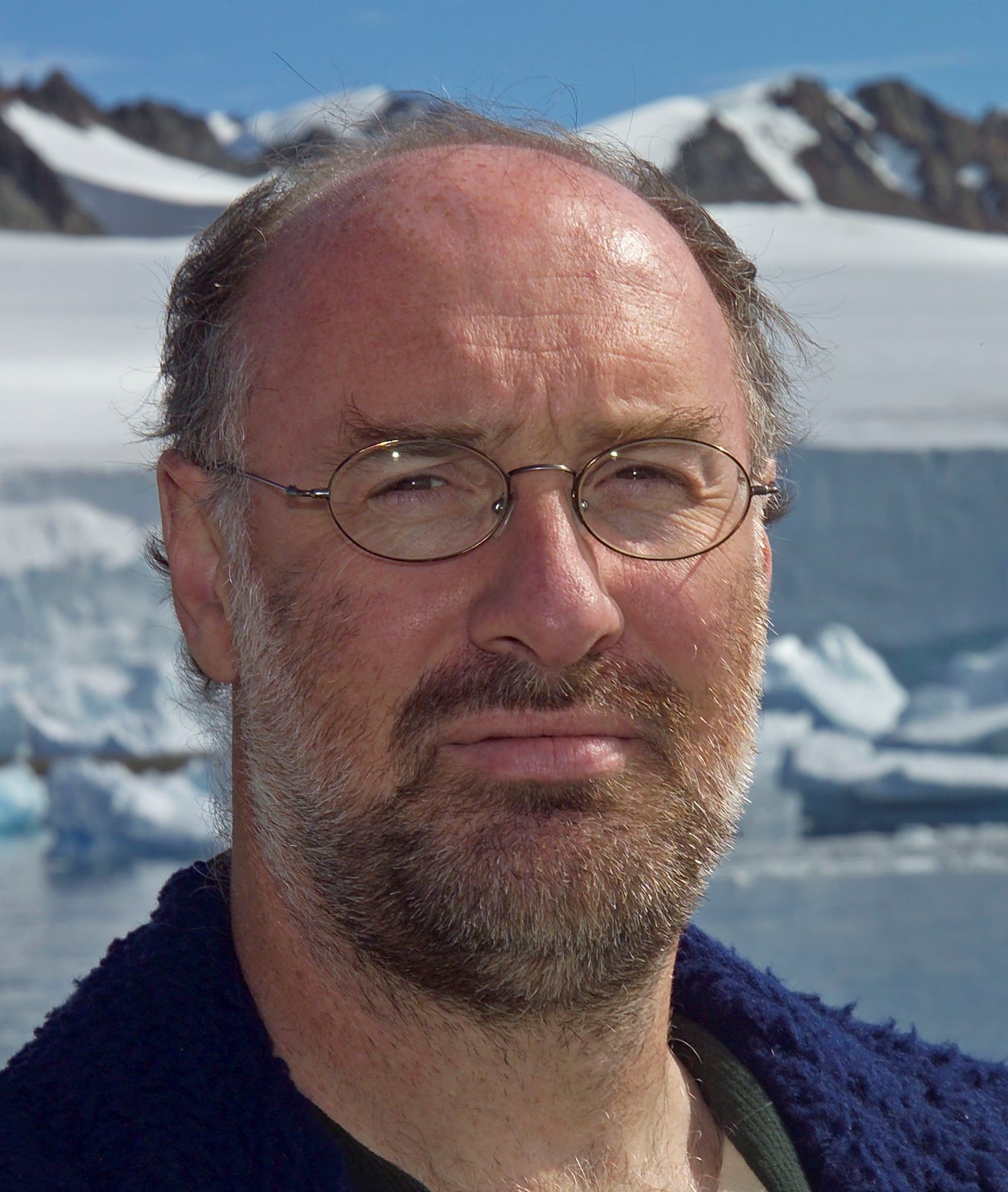 Prof Bettine Jansen van Vuuren (left) chaired the session of Ecosystems, Biodiversity and Biodiscovery with the first plenary talk of the symposium by Peter Convey(right) of the British Antarctic Survey ” Terrestrial biological invasions and their potential impacts in the maritime Antarctic”. (Abstract) Peter Convey discussed that there are around 15 species of non-native plants and invertebrates currently known to be established in the maritime Antarctic . He further emphasize that effective biosecurity measures are required to ensure that further human-assisted transfer both on Signy Island and beyond is avoided. Prof Bettine Jansen van Vuuren chaired the session of Ecosystems, Biodiversity and Biodiscovery.
Prof Bettine Jansen van Vuuren (left) chaired the session of Ecosystems, Biodiversity and Biodiscovery with the first plenary talk of the symposium by Peter Convey(right) of the British Antarctic Survey ” Terrestrial biological invasions and their potential impacts in the maritime Antarctic”. (Abstract) Peter Convey discussed that there are around 15 species of non-native plants and invertebrates currently known to be established in the maritime Antarctic . He further emphasize that effective biosecurity measures are required to ensure that further human-assisted transfer both on Signy Island and beyond is avoided. Prof Bettine Jansen van Vuuren chaired the session of Ecosystems, Biodiversity and Biodiscovery.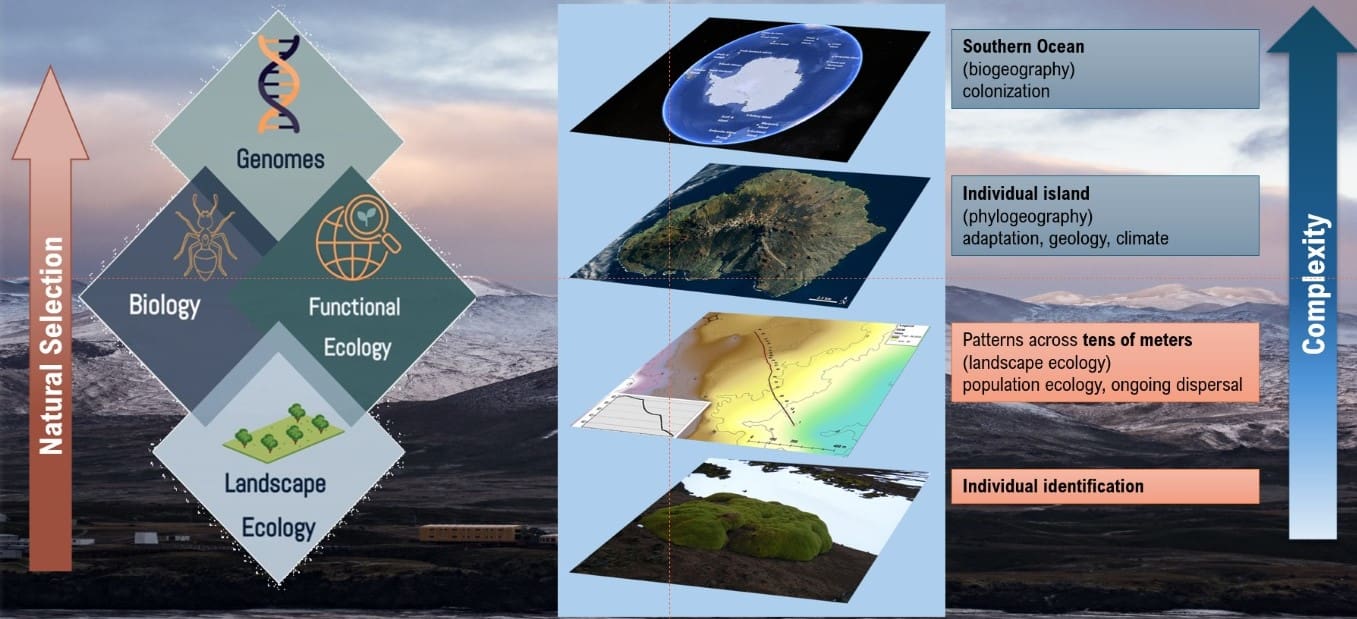 Bettine gave an overview of research that included research done by Daniela and Shilpha as they could not attend as they were on Marion Island. Foregrounding geodiversity in landscape ecology studies: insights from the sub-Antarctic – Daniela Monsanto (Abstract) Detecting signals of adaptive selection of an invasive springtail on sub-Antarctic Marion Island – Shilpha Parbhu (Abstract)
Bettine gave an overview of research that included research done by Daniela and Shilpha as they could not attend as they were on Marion Island. Foregrounding geodiversity in landscape ecology studies: insights from the sub-Antarctic – Daniela Monsanto (Abstract) Detecting signals of adaptive selection of an invasive springtail on sub-Antarctic Marion Island – Shilpha Parbhu (Abstract) Daniela Monsanto, Shilpa Parbhu, Sandra Durand, Arsalan Emami-Khoyi, Peter Teske, David Hedding
Daniela Monsanto, Shilpa Parbhu, Sandra Durand, Arsalan Emami-Khoyi, Peter Teske, David Hedding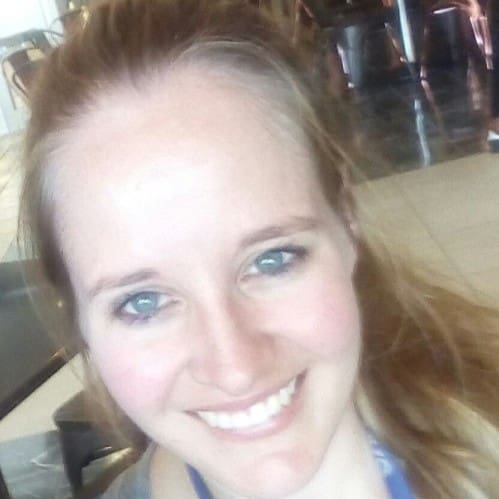 Morgan Raath-Kruger(left) and student of Peter le Roux at University of Pretoria gave an oral presentation and an introduction to her poster.
Morgan Raath-Kruger(left) and student of Peter le Roux at University of Pretoria gave an oral presentation and an introduction to her poster. Another abstract submitted but Carol Jacobs(right) could not present is on the biosecurity within the South African National Antarctic Programme. (Abstract)https://alp.lib.sun.ac.za/handle/123456789/29301
Another abstract submitted but Carol Jacobs(right) could not present is on the biosecurity within the South African National Antarctic Programme. (Abstract)https://alp.lib.sun.ac.za/handle/123456789/29301
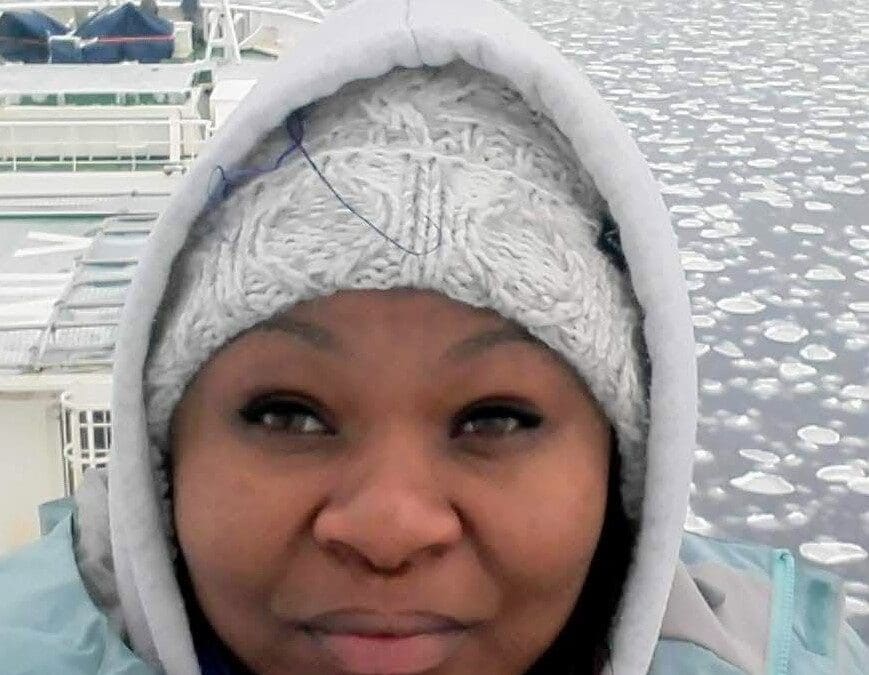
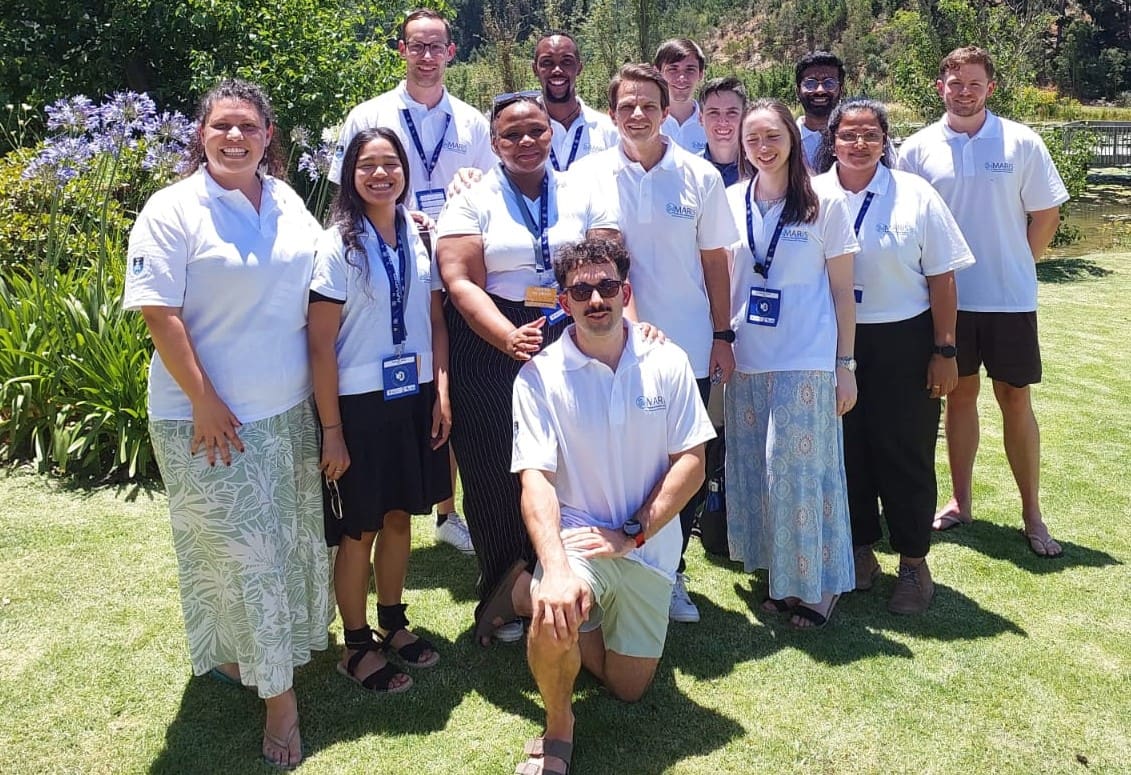 MARIS started the first session on Southern Ocean research within SANAP with focus on SEA ICE. Above: Rutger Marquart, Magata Mangatane, Dylan White, Anand Nair, Wayne de Jager, Leila Nefdt, Safiyyah Moos, Tokoloho Rampai, Marcello Vichi, Robyn Verrinder, Hayley Swait, Riesna Audh, James van Niekerk. (Photo Credit: MARIS)
MARIS started the first session on Southern Ocean research within SANAP with focus on SEA ICE. Above: Rutger Marquart, Magata Mangatane, Dylan White, Anand Nair, Wayne de Jager, Leila Nefdt, Safiyyah Moos, Tokoloho Rampai, Marcello Vichi, Robyn Verrinder, Hayley Swait, Riesna Audh, James van Niekerk. (Photo Credit: MARIS)
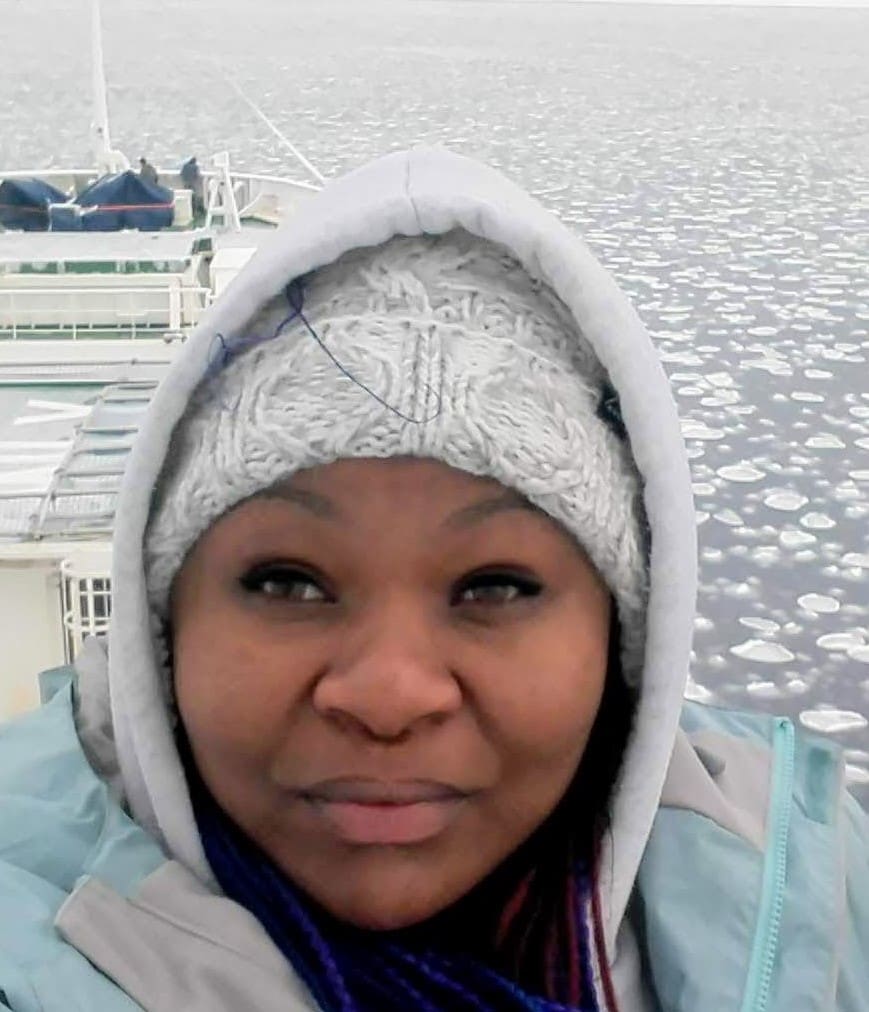
 Oral presentations:
Oral presentations: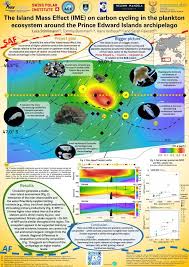 Poster Presentations were displayed in the venue during the symposium and presenters gave a quick introduction to their posters during the round-table session.
Poster Presentations were displayed in the venue during the symposium and presenters gave a quick introduction to their posters during the round-table session.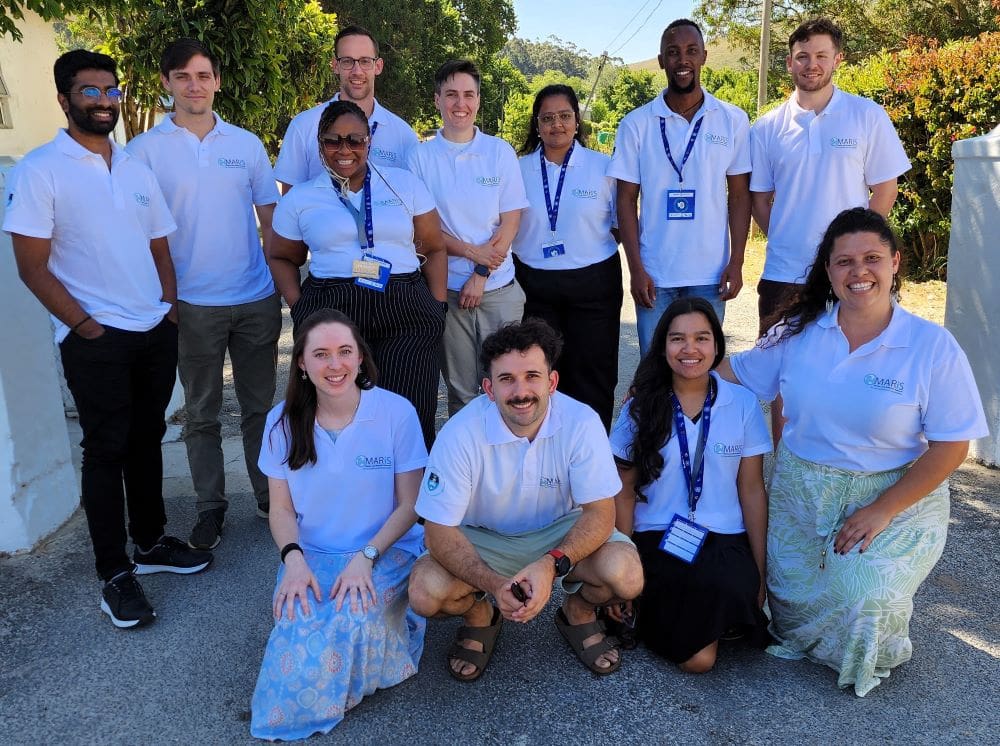
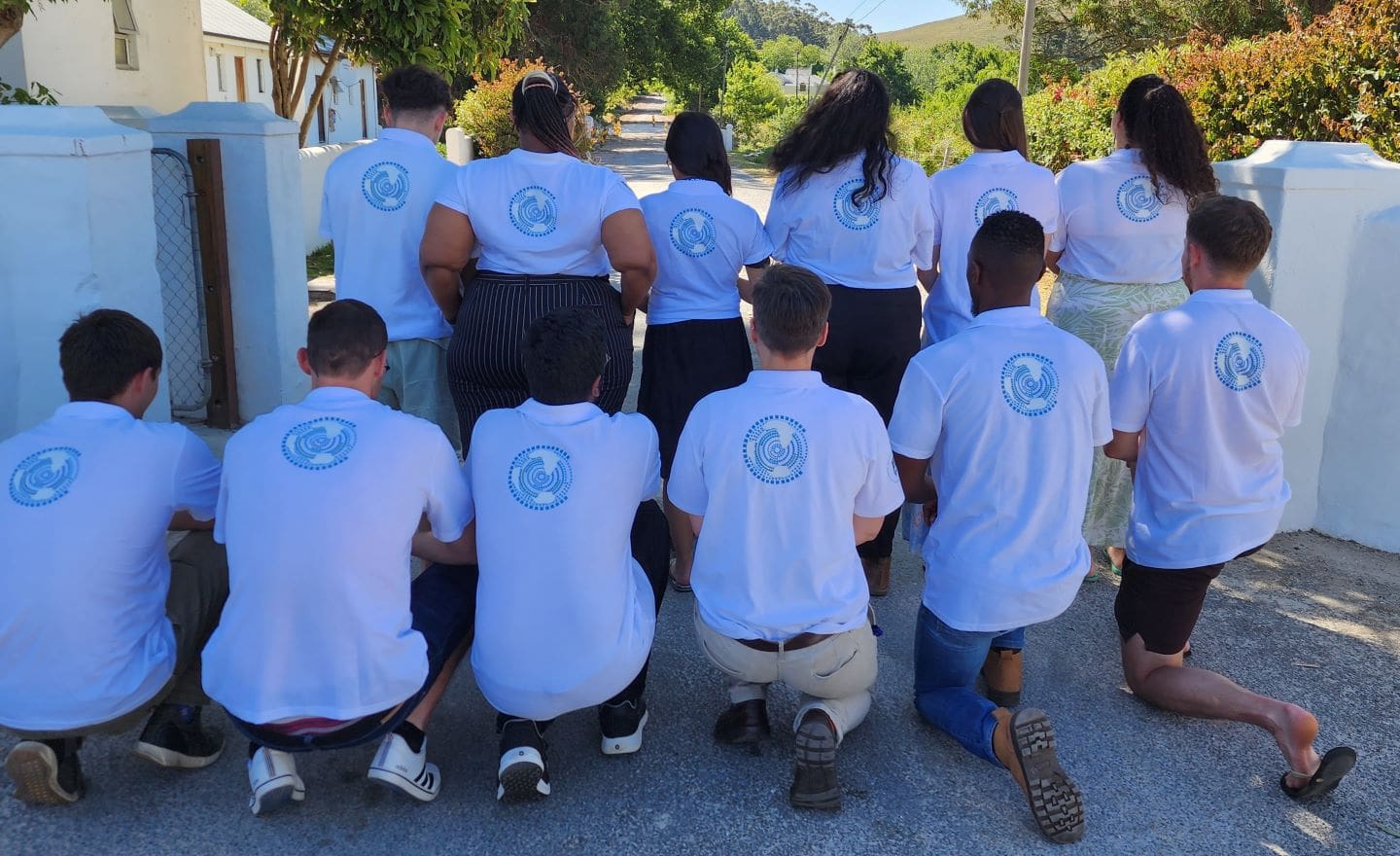

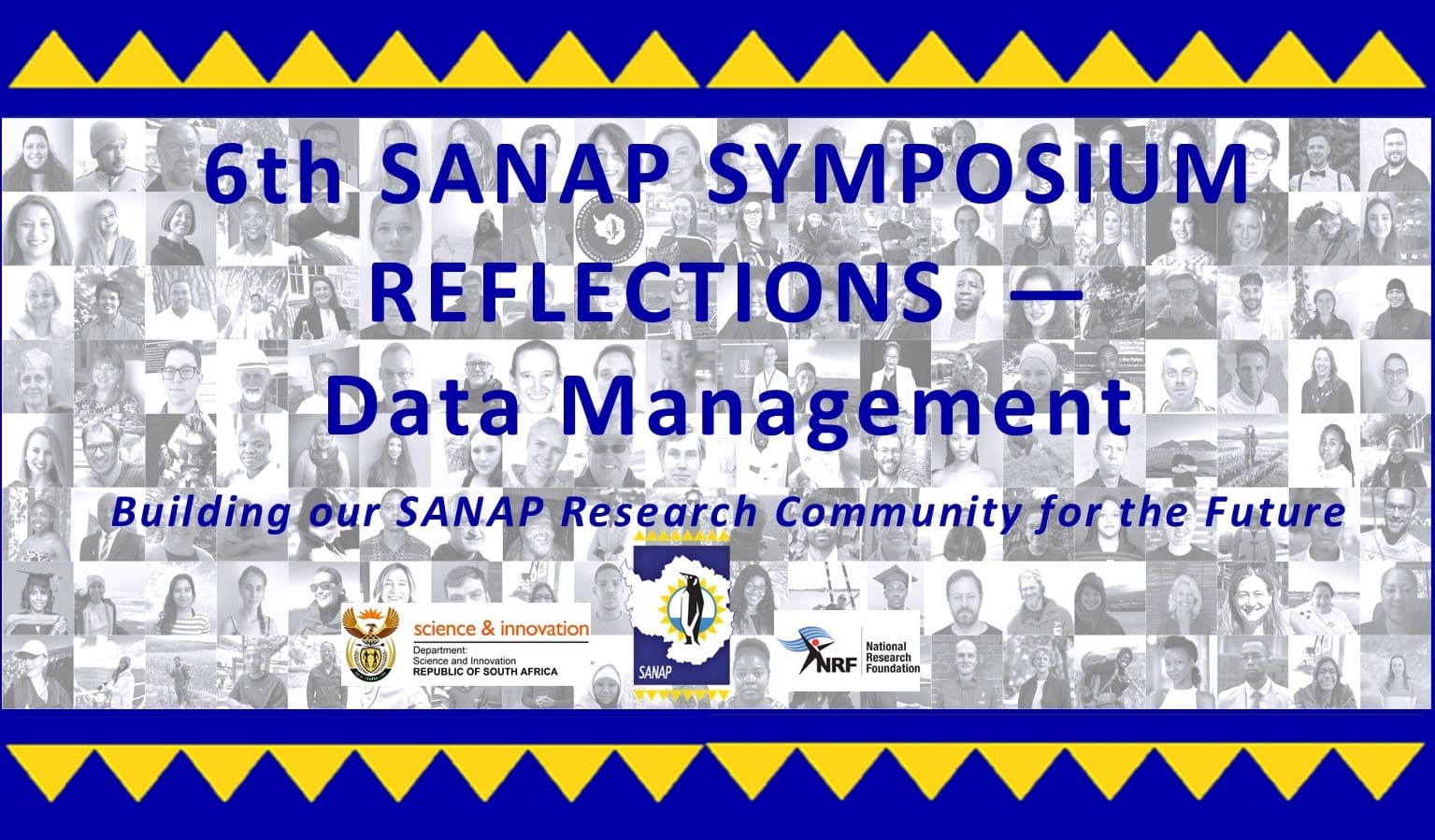 During the 6th Symposium sessions were allocated to cross cutting disciplines and it led to great presentations and discussions. 12- 16 February is
During the 6th Symposium sessions were allocated to cross cutting disciplines and it led to great presentations and discussions. 12- 16 February is 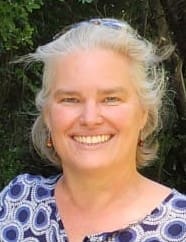 Anne Treasure(right) South Africa’s representative at Standing Committee on Data Management(SCADM) at SCAR and Data Products and Society Manager of the South African Polar Institute(SAPRI) chaired the main session on data management. This session included very interesting presentations from various science disciplines.
Anne Treasure(right) South Africa’s representative at Standing Committee on Data Management(SCADM) at SCAR and Data Products and Society Manager of the South African Polar Institute(SAPRI) chaired the main session on data management. This session included very interesting presentations from various science disciplines.
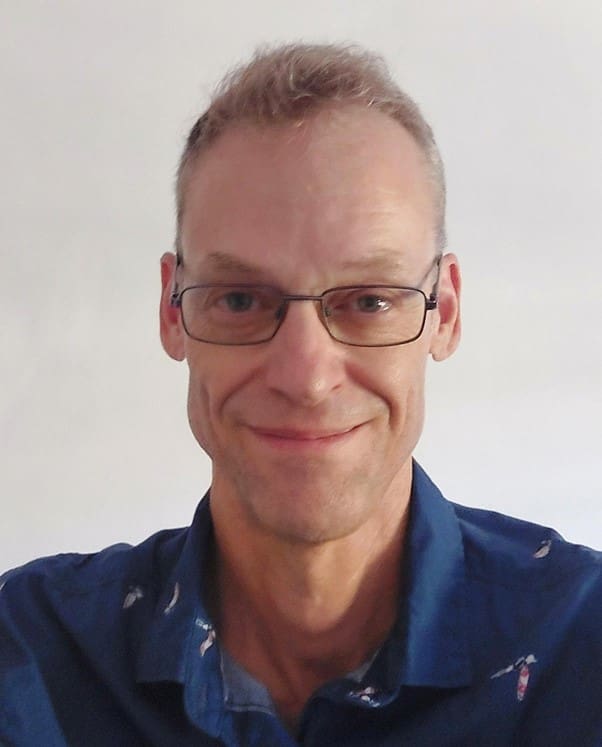

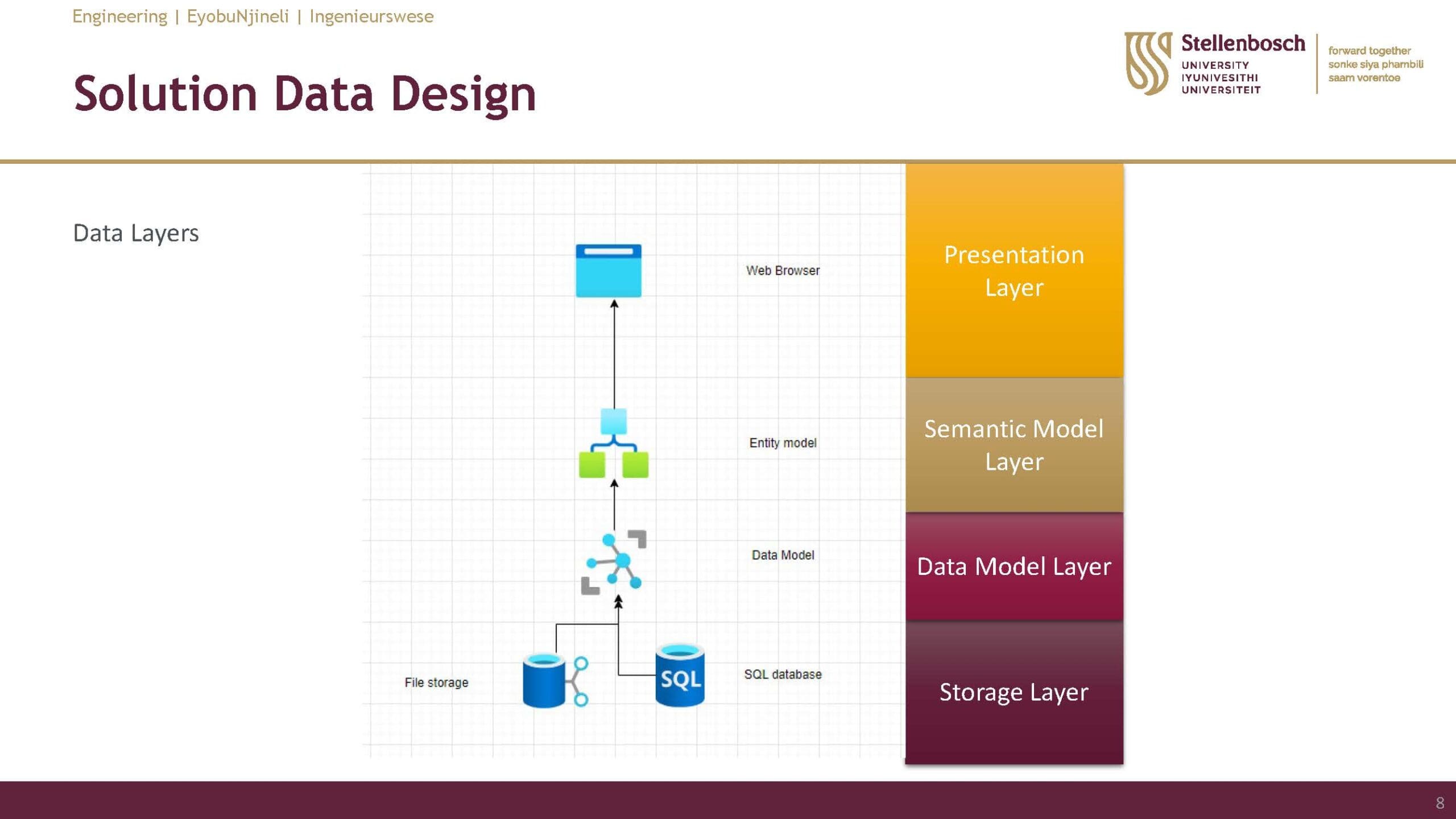
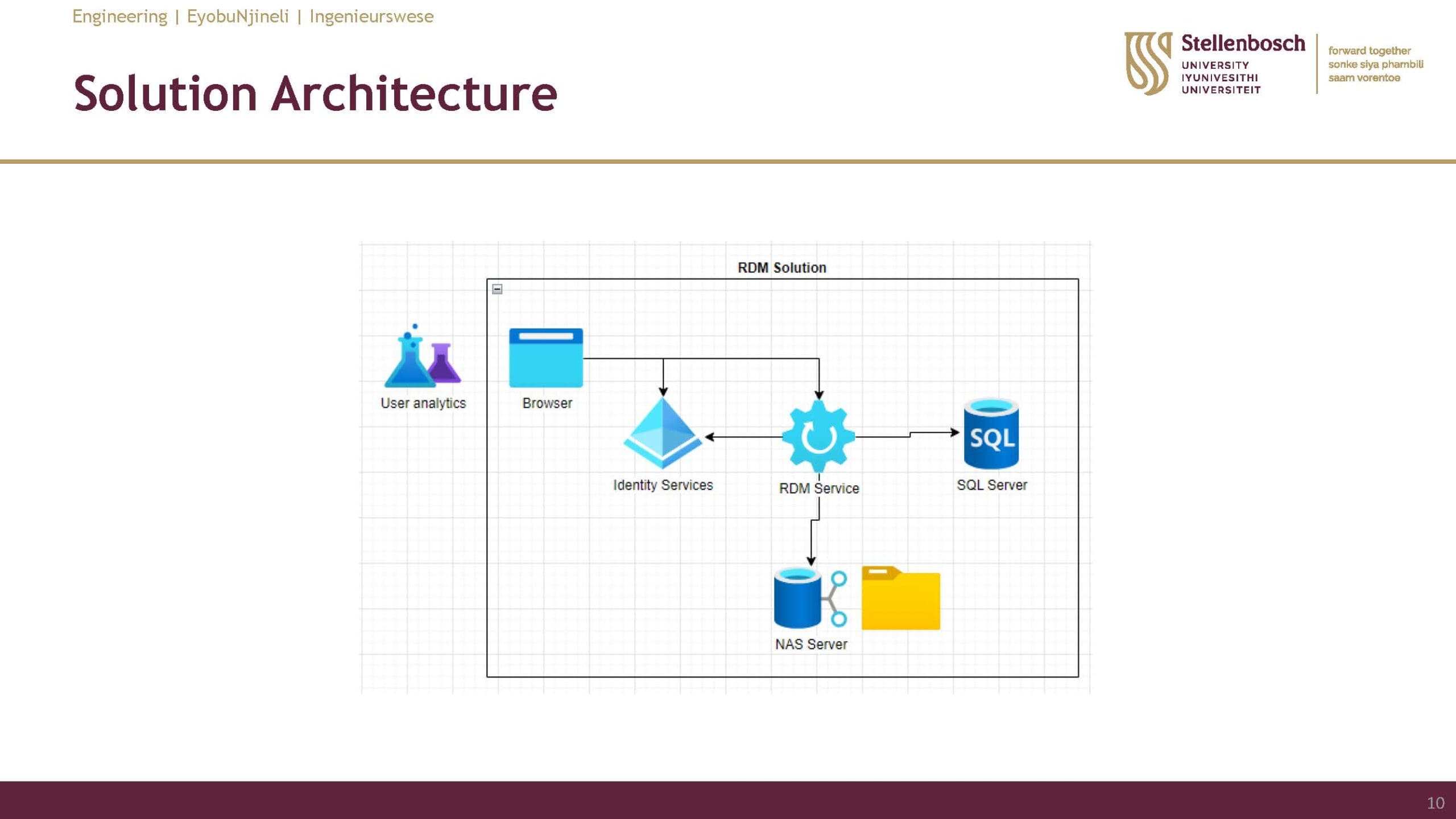
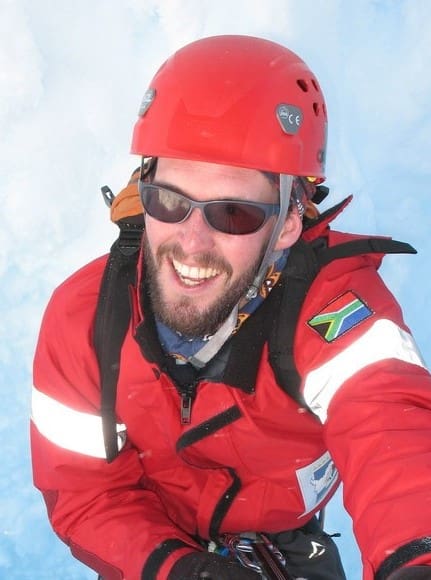
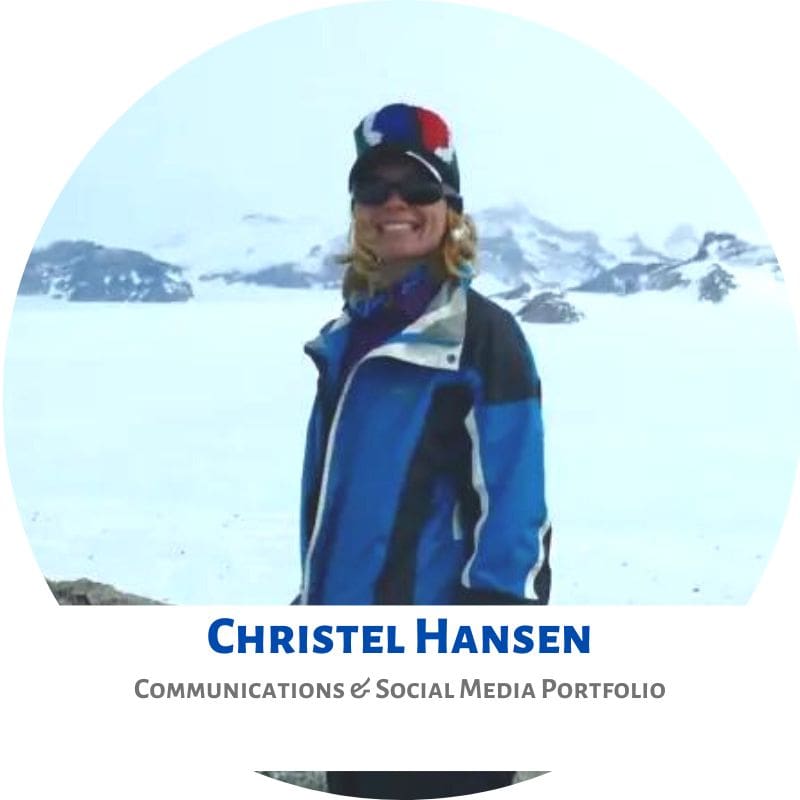
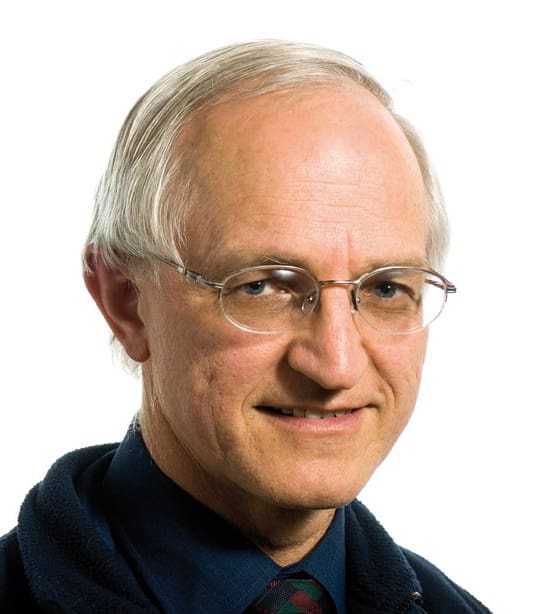
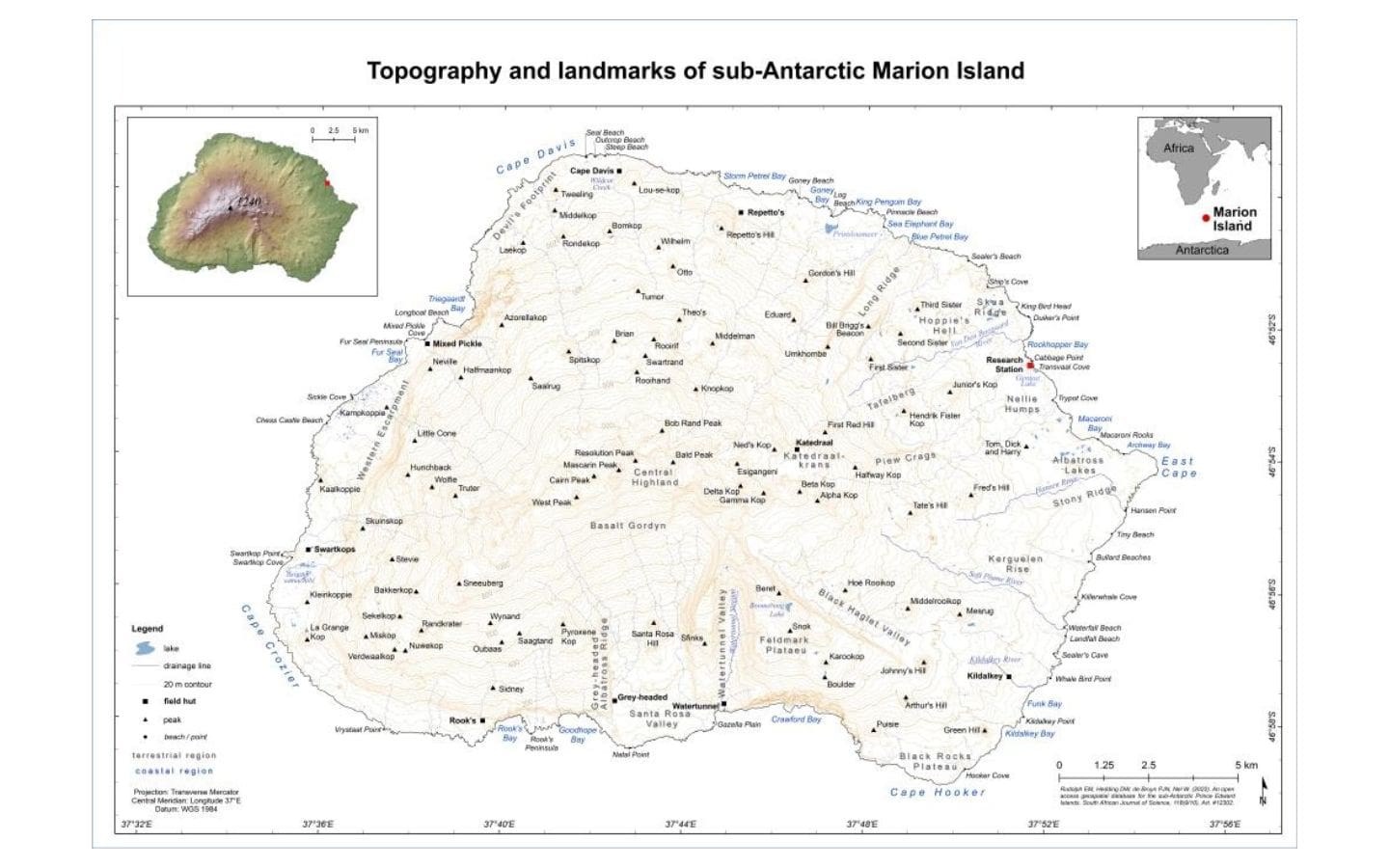 Christel Hansen
Christel Hansen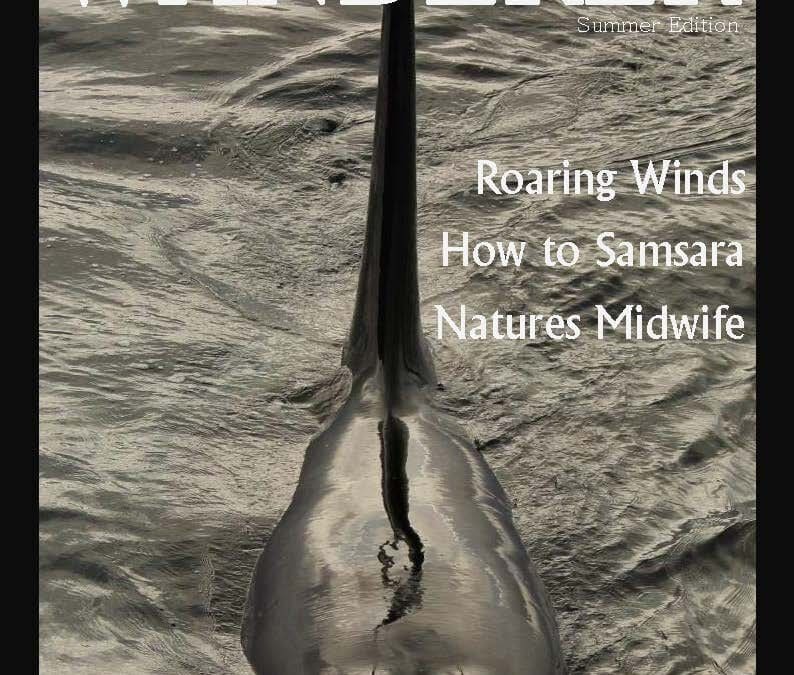
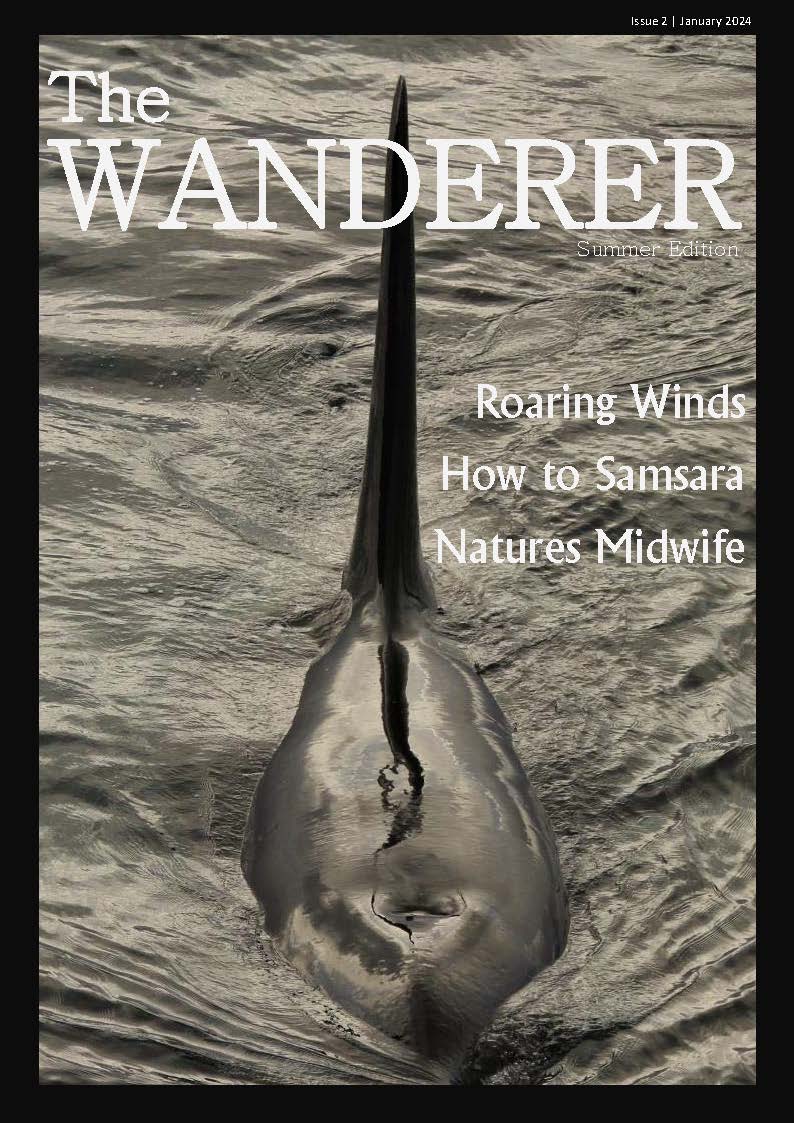 The 2nd issue of The Wanderer by the Marion80 Overwintering team is now available online. It is a bumper issue with 64 pages to read and to enjoy the amazing photo’s taken by the team members.
The 2nd issue of The Wanderer by the Marion80 Overwintering team is now available online. It is a bumper issue with 64 pages to read and to enjoy the amazing photo’s taken by the team members.
 During the 6th Symposium sessions were allocated to cross cutting disciplines and it led to great presentations and discussions.
During the 6th Symposium sessions were allocated to cross cutting disciplines and it led to great presentations and discussions. 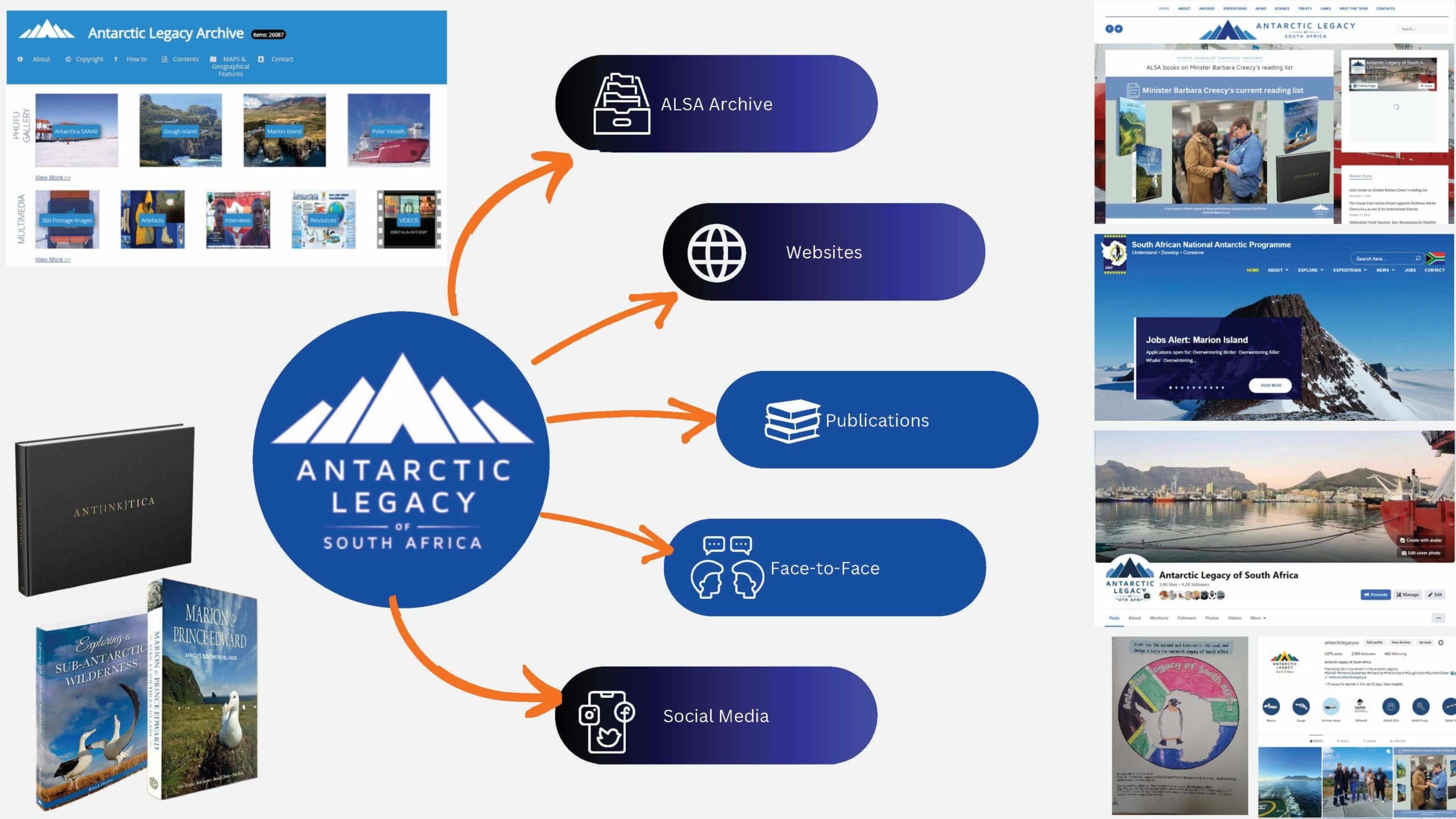 She told her story when she started within the SANAP program as an honors student in Botany. she highlight the importance that as researchers we need to communicate our work and create awareness for the science that we participate in.
She told her story when she started within the SANAP program as an honors student in Botany. she highlight the importance that as researchers we need to communicate our work and create awareness for the science that we participate in.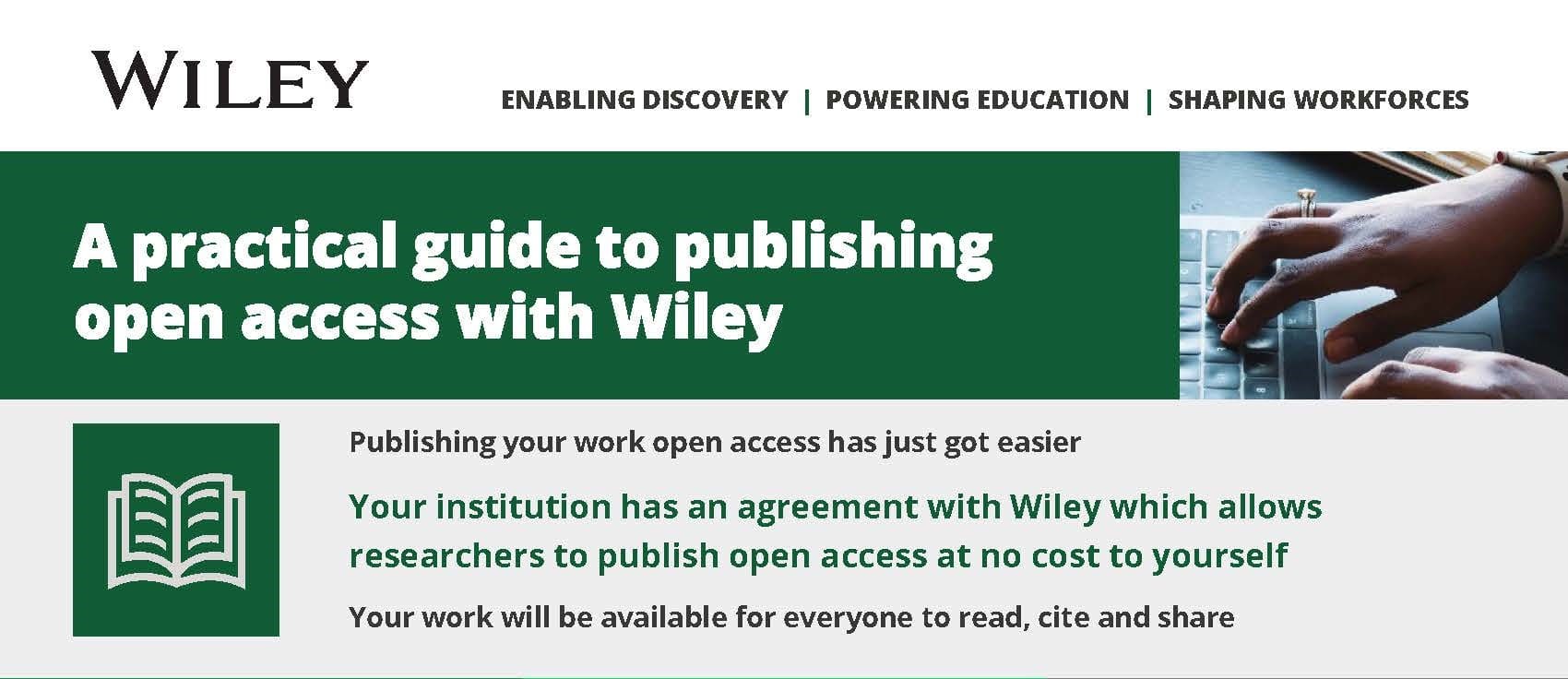 Sarah Fawcett asked Anché to highlight the possibilities of
Sarah Fawcett asked Anché to highlight the possibilities of 

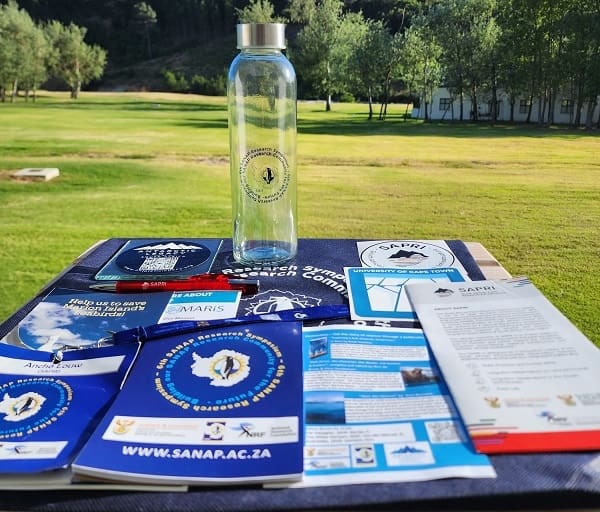
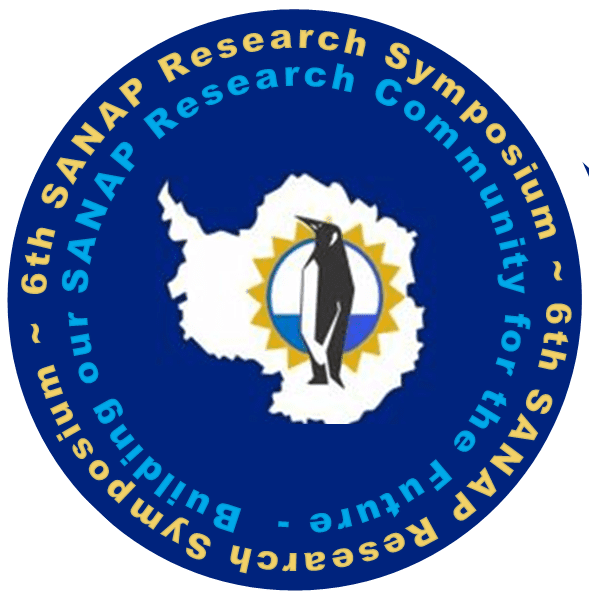
 The symposium started with a keynote lecture by Prof Jukka Tuhkuri of Aalto University, Finland on the expedition to find the shipwreck of the Endurance: “On March 5th, 2022 an international Endurance22 expedition located the wreck of Endurance, the lost vessel of Ernest Shackleton. The Endurance22 expedition was organized by the Falklands Maritime Heritage Trust and the expedition team was taken to the wreck site by S.A. Agulhas II, captain Knowledge Bengu and his crew. Jukka outlined and discussed the three goals of the expedition: to locate the wreck, to tell the story of Endurance to new generations, and to conduct scientific work. The science team onboard included scientists from Stellenbosch University and Aalto University. The Keynote lecture discusses, inter alia, who Shackleton was, how the Endurance was lost and found, and what was learned on the Weddell Sea Expedition” abstract supplied by Prof Tuhkuri. (Above: Photo Credit – Anché Louw, SAPRI)
The symposium started with a keynote lecture by Prof Jukka Tuhkuri of Aalto University, Finland on the expedition to find the shipwreck of the Endurance: “On March 5th, 2022 an international Endurance22 expedition located the wreck of Endurance, the lost vessel of Ernest Shackleton. The Endurance22 expedition was organized by the Falklands Maritime Heritage Trust and the expedition team was taken to the wreck site by S.A. Agulhas II, captain Knowledge Bengu and his crew. Jukka outlined and discussed the three goals of the expedition: to locate the wreck, to tell the story of Endurance to new generations, and to conduct scientific work. The science team onboard included scientists from Stellenbosch University and Aalto University. The Keynote lecture discusses, inter alia, who Shackleton was, how the Endurance was lost and found, and what was learned on the Weddell Sea Expedition” abstract supplied by Prof Tuhkuri. (Above: Photo Credit – Anché Louw, SAPRI) A welcoming reception took place after the keynote lecture . This reception allowed members of the SANAP community (both old and new) to interact in an informal meet and greet for the first time since the last Symposium in 2018. The 2020 Symposium was cancelled due to the COVID-19 pandemic, and a decision was made to postpone the 2022 Symposium to allow the SANAP community to generate new data post-pandemic.
A welcoming reception took place after the keynote lecture . This reception allowed members of the SANAP community (both old and new) to interact in an informal meet and greet for the first time since the last Symposium in 2018. The 2020 Symposium was cancelled due to the COVID-19 pandemic, and a decision was made to postpone the 2022 Symposium to allow the SANAP community to generate new data post-pandemic. Afterwards a workshop was held by the Association for Polar Early Career Scientists of South Africa (APECSSA), and they reported back to the SANAP community n Day 3 of the symposium. (Right: Photo Credit: Anché Louw – SAPRI)
Afterwards a workshop was held by the Association for Polar Early Career Scientists of South Africa (APECSSA), and they reported back to the SANAP community n Day 3 of the symposium. (Right: Photo Credit: Anché Louw – SAPRI) Prior to the commencement of the Symposium, a meeting of the members of the South African national committee for Scientific Committee on Antarctic Research (SCAR) took place chaired by Prof Bettine van Vuuren and was attend in person and online by members of the committee. Prof van Vuuren as chair of the national committee feedback on day 2 of the symposium.
Prior to the commencement of the Symposium, a meeting of the members of the South African national committee for Scientific Committee on Antarctic Research (SCAR) took place chaired by Prof Bettine van Vuuren and was attend in person and online by members of the committee. Prof van Vuuren as chair of the national committee feedback on day 2 of the symposium.




